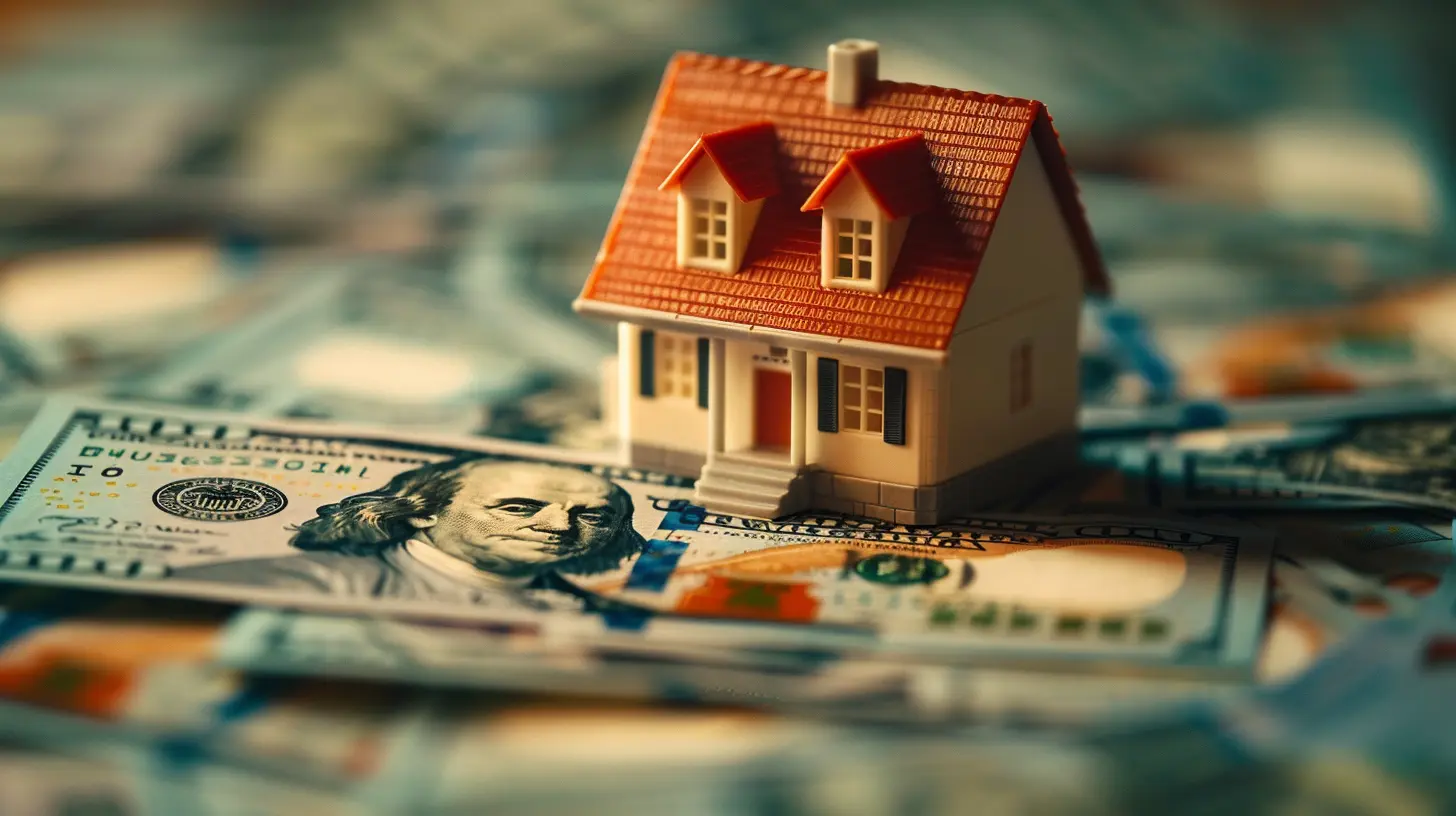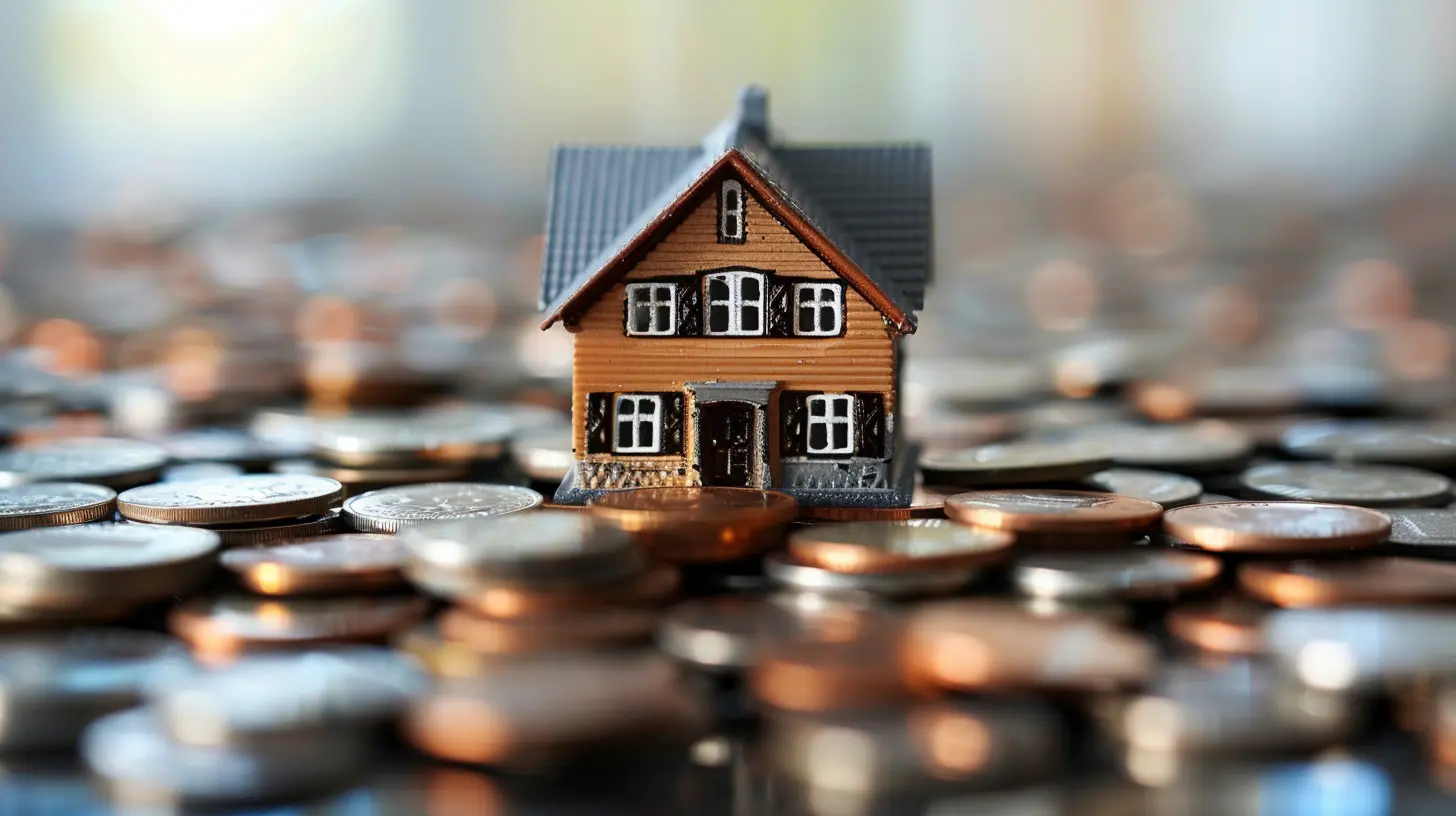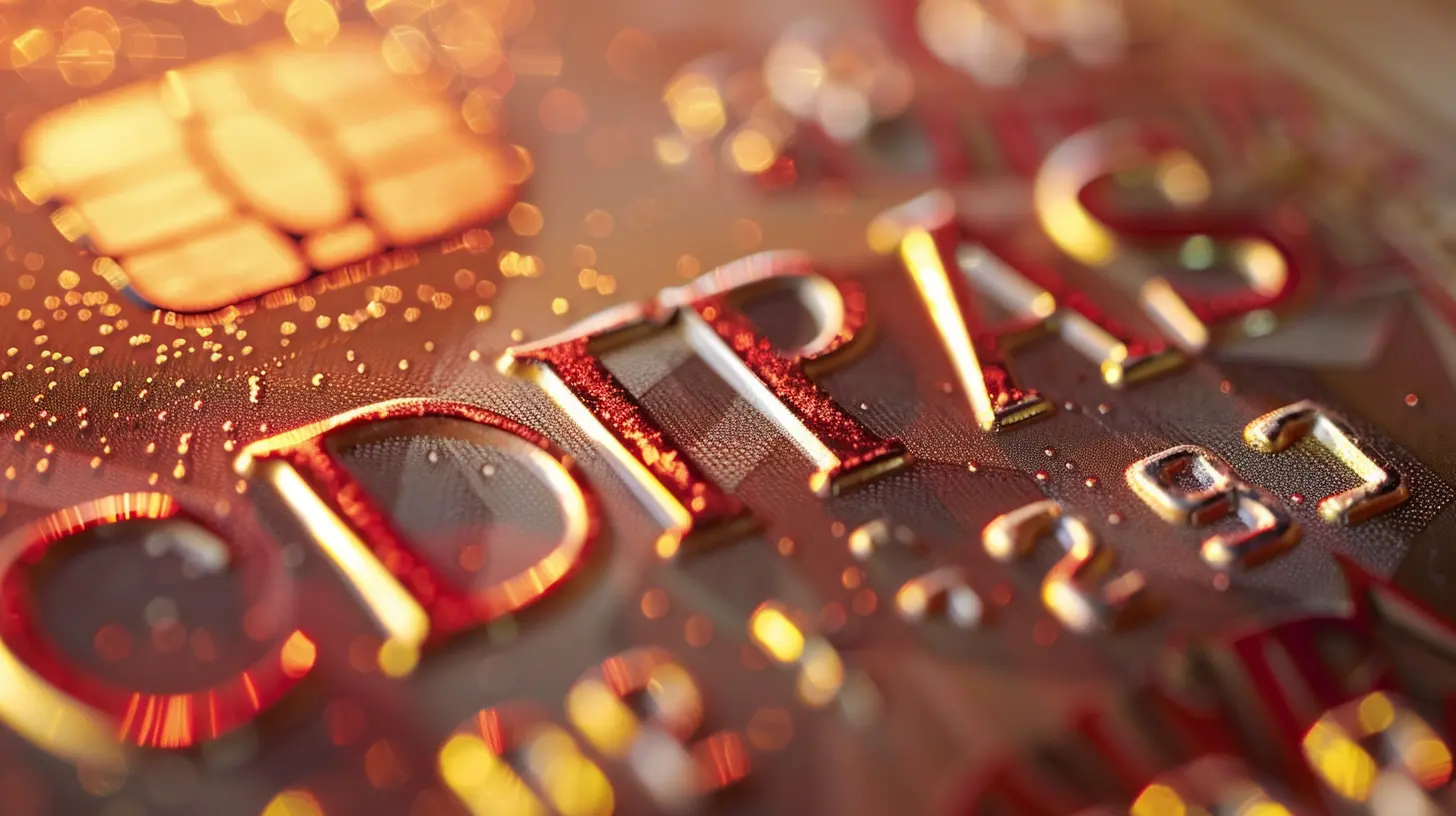The Influence of Loan Defaults on Your Credit Standing
29 July 2025
Let’s not sugarcoat it—defaulting on a loan can wreck your credit like a hurricane demolishing a beachside shack. It’s brutal, it’s fast, and the damage is long-lasting. But here’s the deal: most people don’t really know how deep the consequences run until they’re knee-deep in financial trouble. If you've ever wondered what really happens to your credit score when you default, or how hard it is to bounce back, buckle up—we’re diving deep into the chaos loan defaults bring to your credit standing.
What Exactly Is a Loan Default?
First things first: what does it even mean to default on a loan?A loan default happens when you fail to make payments according to the terms of your loan agreement. Miss a payment? That's called delinquency. Miss enough payments over time? Boom—you're in default territory.
Most lenders will declare your loan in default once it’s 90 to 180 days overdue. That’s not a lot of time, considering how fast life can throw curveballs at you.
The Domino Effect: What Happens to Your Credit?
So, what’s the big deal? It’s just one missed payment, right?Wrong.
When you default, your credit score doesn’t just take a hit—it gets smacked into next week. The impact can be severe, sometimes dropping your score by 100 points or more. Think of it like falling off a financial cliff instead of taking a gentle slope downhill.
📉 Default = Credit Score Freefall
Your credit score is a reflection of how trustworthy you are with money. When you default, it screams, "This person can't manage their debt!" to every future lender who looks at your report. It’s like getting caught cheating in school—the stain sticks around for a long time.And here’s the kicker: defaults stay on your credit report for up to seven years. Yeah, that’s longer than most relationships and nearly as painful.
Why Lenders Panic at the Word "Default"
Let’s look at this from the lender’s perspective. Lending money is risky business. Would you hand over your hard-earned cash to someone who already bailed on their last loan? Didn’t think so.Defaults signal high risk. That’s why, once your credit report shows a default, lenders start treating you like a financial pariah. You'll face:
- Higher interest rates
- Lower credit limits
- Fewer approvals for future loans
- Possible rejection for rental applications or jobs
It’s not an exaggeration to say that a single default can follow you like a financial stalker—haunting your chances of getting back on the economic saddle.
Types of Loans That Can Drag You Down
Not all loans are created equal—but they sure can cause equal chaos when you default.💳 Credit Card Defaults
Credit card debt is sneaky. Miss a few monthly payments, and you’ll start accumulating interest faster than rabbits multiply. After six months of non-payment, your credit card account might be charged off, meaning the lender considers it a loss. That’s a red flag on your credit report.🚗 Auto Loan Defaults
Can’t keep up with your car payments? Lenders might repossess your vehicle. That’s not just inconvenient—it’s a major blow to your credit score and self-esteem. You’ll still owe the balance if the sale doesn’t cover what you owe.🏠 Mortgage Defaults
This is where things get serious.Defaulting on a mortgage can lead to foreclosure, which is one of the worst marks you can have on your credit report. It’s like financial nuclear fallout. Getting another mortgage after a foreclosure? Good luck—it may take years.
🎓 Student Loan Defaults
Student loans might feel like a life sentence, and defaulting on them is like adding hard labor to the punishment. Federal student loan defaults can result in wage garnishment, tax refund seizures, and even loss of eligibility for additional aid.The Long-Term Credit Nightmare
Let’s not beat around the bush. A default doesn’t just sting—it sticks.⏳ It’s a Long Road to Recovery
Depending on the severity, rebuilding your credit after a default can take years. You’ll have to show lenders that the past is the past, and that you've changed your money-managing ways.😬 Higher Interest Rates Ahead
Even if you can borrow again, you’ll be paying a premium for it. Think sky-high interest rates and ridiculous terms. Lenders will see you as a risk, and risk always comes with a higher price tag.Can You Prevent a Default? You Bet.
Here’s the truth bomb: most defaults can be prevented. Yeah, life happens. But being proactive about your financial situation can save your credit from going up in flames.☎️ Communicate With Your Lender
Don’t ghost your lender. If you're struggling, talk to them. You might be surprised—they want to help you avoid default. Some options they might offer:- Forbearance
- Deferment
- Modified payment plans
📊 Budget Like Your Life Depends On It (Because It Kinda Does)
Don’t just wing it every month. Put your financial life under a microscope. Prioritize loan payments over eating out, new clothes, or that third streaming subscription.💸 Build an Emergency Fund
Simple, but powerful. Having even $500 stashed away can keep you afloat during rough patches. It’s like having a parachute when your financial plane hits turbulence.⚠️ Watch the Warning Signs
If you're paying one loan with another, overdrafting accounts, or missing due dates, you're headed for a crash. Recognizing these red flags early can help you pull out of that nosedive before it's too late.How to Bounce Back After Default
Okay, so let’s say the worst has already happened. Is all hope lost?Absolutely not.
Recovering from a loan default isn’t easy, but it’s definitely possible. You’ll need grit, patience, and a solid game plan. Let’s break it down.
💳 Pay Off the Debt (If You Can)
If the debt hasn’t been charged off or sold to collections, settle it with the lender. Negotiate if needed. Sometimes creditors will accept less than the full amount owed just to close the account.📝 Ask For a “Pay for Delete” Agreement
Got a debt in collections? See if the collection agency will remove the account from your credit report if you pay it off. It’s not always a guarantee, but it’s worth asking.🚧 Rebuild Your Credit Step by Step
Start small. Get a secured credit card. Use it responsibly. Pay it off in full, every month. Over time, these little actions will build a new credit history.✅ Monitor Your Credit Reports
Watch them like a hawk. Sites like Credit Karma or AnnualCreditReport.com let you keep tabs on your credit health. Look for errors, dispute anything that looks wrong, and track your progress.💪 Get Professional Help If You Need It
There’s zero shame in getting help. Credit counselors, non-profit financial advisors—these folks know what they’re doing, and they can help you build a recovery plan that actually works.Myth-Busting Time: Common Misconceptions About Loan Defaults
Let’s clear up a few of the myths that float around like bad advice at a family BBQ.❌ “It’s Just A Few Missed Payments.”
Wrong. A few missed payments are the starting line of the default marathon. Don’t underestimate how quickly things can spiral.❌ “I’ll Just Declare Bankruptcy and Start Fresh.”
Bankruptcy is not a magical erase button. It has its own severe consequences, and it stays on your credit report for up to 10 years. It’s a nuclear option, not a reset button.❌ “Once It’s In Collections, It Doesn’t Matter Anymore.”
Oh, but it does. Collection accounts tank your score, and paying them off still doesn’t wipe them off your report—unless you negotiate it.Final Thoughts: Protect Your Credit Like It’s Your Reputation (Because It Is)
In today’s world, your credit score is your financial reputation. It affects everything—from getting a job or apartment to how much you’ll pay for borrowing money. Defaulting on a loan? That’s like setting fire to your rep for all to see.But here’s the good news: your credit isn’t carved in stone. Even after a default, you can recover. It takes time, it takes effort, and yes, it might take swallowing your pride and making uncomfortable calls. But if you’re willing to put in the work, you can absolutely rebuild from the ground up.
Because let’s face it—we’ve all made money mistakes. What separates the financially wise from the financially wrecked is what you do after the fall.
all images in this post were generated using AI tools
Category:
Credit ScoreAuthor:

Zavier Larsen
Discussion
rate this article
1 comments
Marie Wolf
This article effectively highlights how loan defaults can severely impact credit scores and financial stability. Understanding this relationship is crucial for maintaining a healthy credit profile and making informed borrowing decisions. Great insights!
August 7, 2025 at 2:29 AM

Zavier Larsen
Thank you for your thoughtful comment! I'm glad you found the insights on loan defaults and credit scores helpful.


